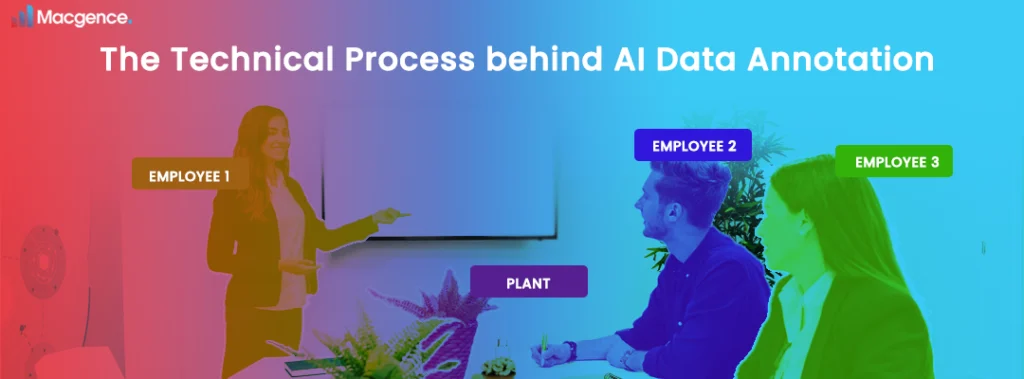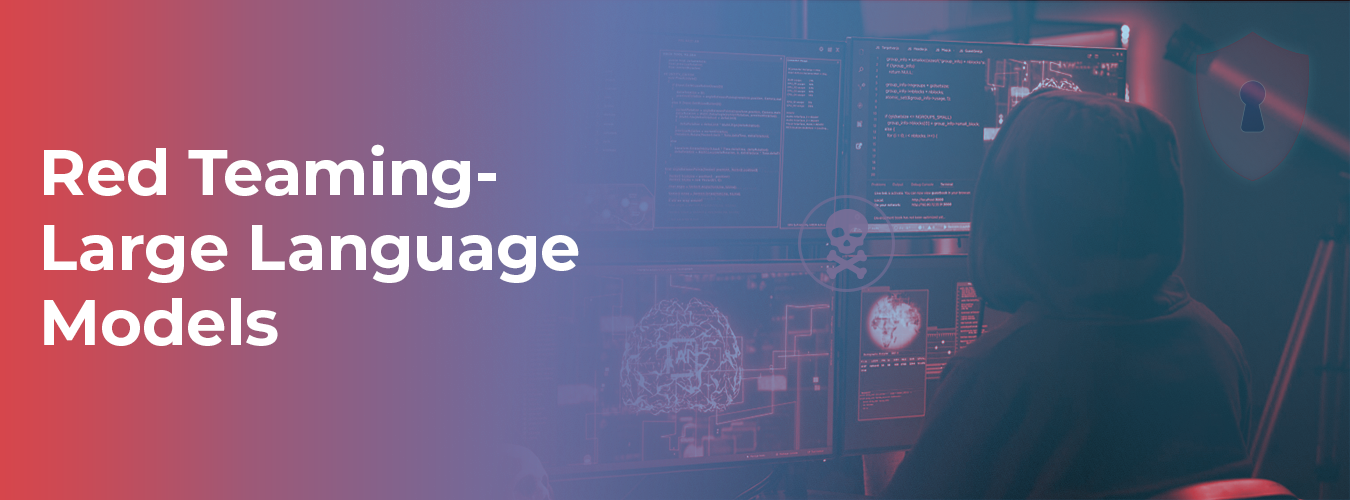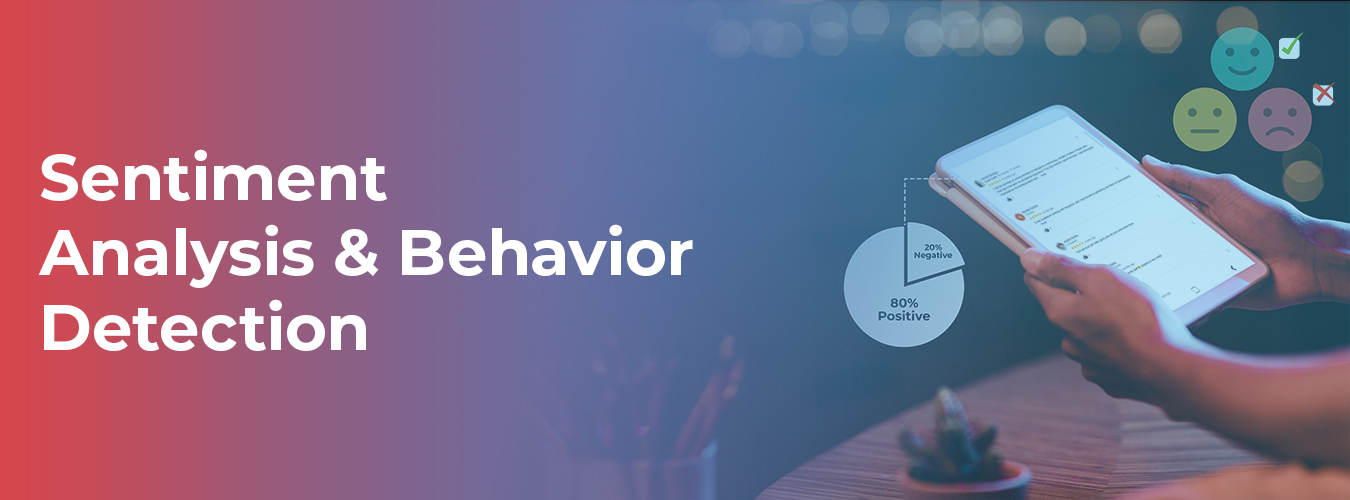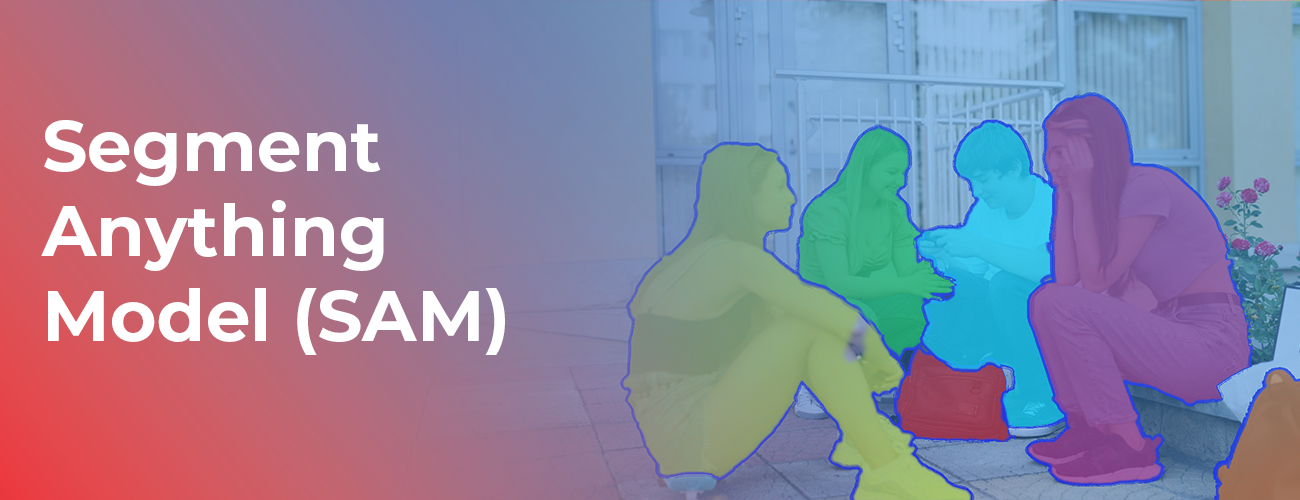Artificial intelligence (AI) is a cutting-edge field rapidly transforming many sectors with its unique capabilities in today’s quickly expanding world of technology. Among its numerous uses, AI-driven data annotation is essential, especially for ethnicity image collection. AI lays the groundwork for constructing sophisticated Machine Learning models by carefully classifying photos with certain ethnicities, facilitating the establishment of varied and inclusive datasets.
In this article, we’ll explore the relevance, technical details, difficulties, and creative solutions of the complex process of AI-assisted data classification in Ethnicity Image Collection.
What Is the Role of Artificial Intelligence Data Annotation in Ethnicity Image Collection?
Artificial Intelligence Data Annotation plays a pivotal role in Ethnicity Image Collection by enhancing the accuracy of Deep Learning models. It involves labeling or tagging images with specific ethnicities, providing a rich dataset from which machine learning algorithms can learn.
The method has several benefits, including the enhanced functionality of Computer Vision systems. These algorithms can identify and distinguish between different races more effectively with precisely labeled data, leading to more impartial and inclusive AI applications.
Building increasingly complex and trustworthy AI models will benefit companies and researchers alike. Trained on a wide range of precisely annotated datasets, these models can stimulate innovation in facial recognition, demographic research, and tailored marketing by facilitating more nuanced insights and improved decision-making.
Understanding the concept of data annotation in AI

When we explore the field of Artificial Intelligence, we find that data annotation is essential to effectively use Deep Learning techniques effective procedure, which entails the laborious effort of classifying photos with different ethnicities and provides a solid basis for Machine Learning systems, augmenting their learning capacity.
Accurate data annotation significantly bolsters the efficacy of Computer Vision technologies. Providing a rich, diverse dataset empowers these systems to distinguish between a wide range of ethnicities. This precision contributes to the creation of AI applications that are both inclusive and free from bias.
From a business and research perspective, data annotation facilitates the creation of advanced and dependable AI models. Leveraging diverse and accurately annotated datasets, these models can yield more detailed insights, guide superior decision-making processes, and stimulate innovation in areas such as facial recognition, demographic research, and tailored marketing strategies.
Importance of Ethnicity Image Collection in AI
Exploring the intricacies of Artificial Intelligence, data annotation becomes paramount, particularly in the context of Deep Learning. The labor-intensive process of tagging images with specific ethnicities forms a sturdy base for Machine Learning algorithms, amplifying their ability to learn and adapt.
High-quality data annotation amplifies the performance of Computer Vision systems. Supplying a comprehensive and varied dataset enables these technologies to differentiate among an extensive array of ethnicities—this level of accuracy aids in developing AI tools that promote inclusivity and eliminate bias.
From an enterprise and academic research standpoint, data annotation aids in developing sophisticated and reliable AI models. Utilizing diverse and precisely annotated datasets, these models can generate more intricate insights, steer superior decision-making, and foster innovation in fields like facial recognition, demographic studies, and personalized marketing tactics.
Furthermore, the domains of natural language processing and natural language understanding benefit significantly from collecting ethnicity images in AI. These technologies perform and are more practical overall when they can understand and react to a broader range of languages and dialects thanks to the integration of various ethnic data.
The technical process behind AI data annotation

Delving into the technicalities of AI data annotation, one encounters a complex yet crucial process that underpins Deep Learning. This meticulous task involves assigning specific ethnic labels to images, creating a robust foundation for Machine Learning algorithms to enhance their learning and adaptability capabilities. Despite being labor-intensive, the procedure is necessary for AI systems to function correctly.
However, the effectiveness of Computer Vision systems is highly dependent on the quality of data annotation. These algorithms can discriminate between various races by offering a rich and diversified dataset. This accuracy helps to reduce prejudice and promotes the development of inclusive AI tools, which in turn helps to create more egalitarian AI technology.
Challenges and solutions in ethnicity image collection
Within AI data annotation, the challenge of ethnicity image collection emerges as a critical aspect of Deep Learning. The intricate process of assigning ethnic labels to images forms a solid base for Machine Learning algorithms, enhancing their learning potential and adaptability. Despite being labor-intensive, this process remains vital for the smooth functioning of AI systems.
Conversely, the effectiveness of Computer Vision systems is heavily reliant on the quality of data annotation. Supplying a diverse and comprehensive dataset enables these systems to differentiate among a broad spectrum of ethnicities. Such accuracy not only propels the growth of inclusive AI tools but also assists in reducing bias, thus significantly developing fairer AI technologies.
Why choose Macgence for Data Labeling in Ethnicity Image Collection?
Macgence’s unique approach to data labeling services, leveraging both human and artificial intelligence, offers a robust solution for enhancing Ethnicity Image collection. By integrating actionable human insights into unstructured data, Macgence enables the development of high-quality datasets, which are crucial for optimizing deep learning algorithms.
With a global reach and diverse linguistic, cultural, and technological expertise, Macgence’s cognitive annotation services unlock the potential of unstructured textual data. This capability is instrumental in improving Computer Vision systems’ accuracy, particularly in identifying and labeling a wide array of ethnicities.
Trusted by industry giants, Macgence’s commitment to unbiased labeling and data integrity is evident. Their advanced Machine Learning methodologies ensure objectivity in image collection, particularly for ethnicity datasets. This dedication enhances dataset quality and fosters the development of fair and inclusive AI technologies.
Conclusion:
Ethnicity Image Collection relies heavily on AI-assisted data labeling in the dynamic field of artificial intelligence, which makes it easier to create inclusive datasets and complex machine learning models. AI improves Computer Vision systems’ performance by properly labeling images with certain ethnicities, encouraging impartiality and justice in AI applications. Notwithstanding the difficulties associated with data annotation, creative solutions keep coming out, advancing the development of labeling procedures that are more precise and efficient.
Prioritizing approaches that advance diversity and inclusion is crucial as we work to fully utilize AI, ensuring that technology meets all people’s requirements. By working together and making progress in AI-driven data annotation, we can create a future where AI technologies are potent but also inclusive and egalitarian.
FAQs
Ans: – By accurately categorizing photos with certain ethnicities, AI-assisted data labeling improves the performance of Deep Learning models and generates inclusive datasets necessary for sophisticated AI applications.
Ans: – Precise data annotation enables Computer Vision systems to discriminate across a broad spectrum of ethnicities, which promotes the creation of more impartial and inclusive AI applications.
Ans: – The difficulty of giving ethnic labels to photos and guaranteeing the caliber and variety of annotated datasets are among the problems.




